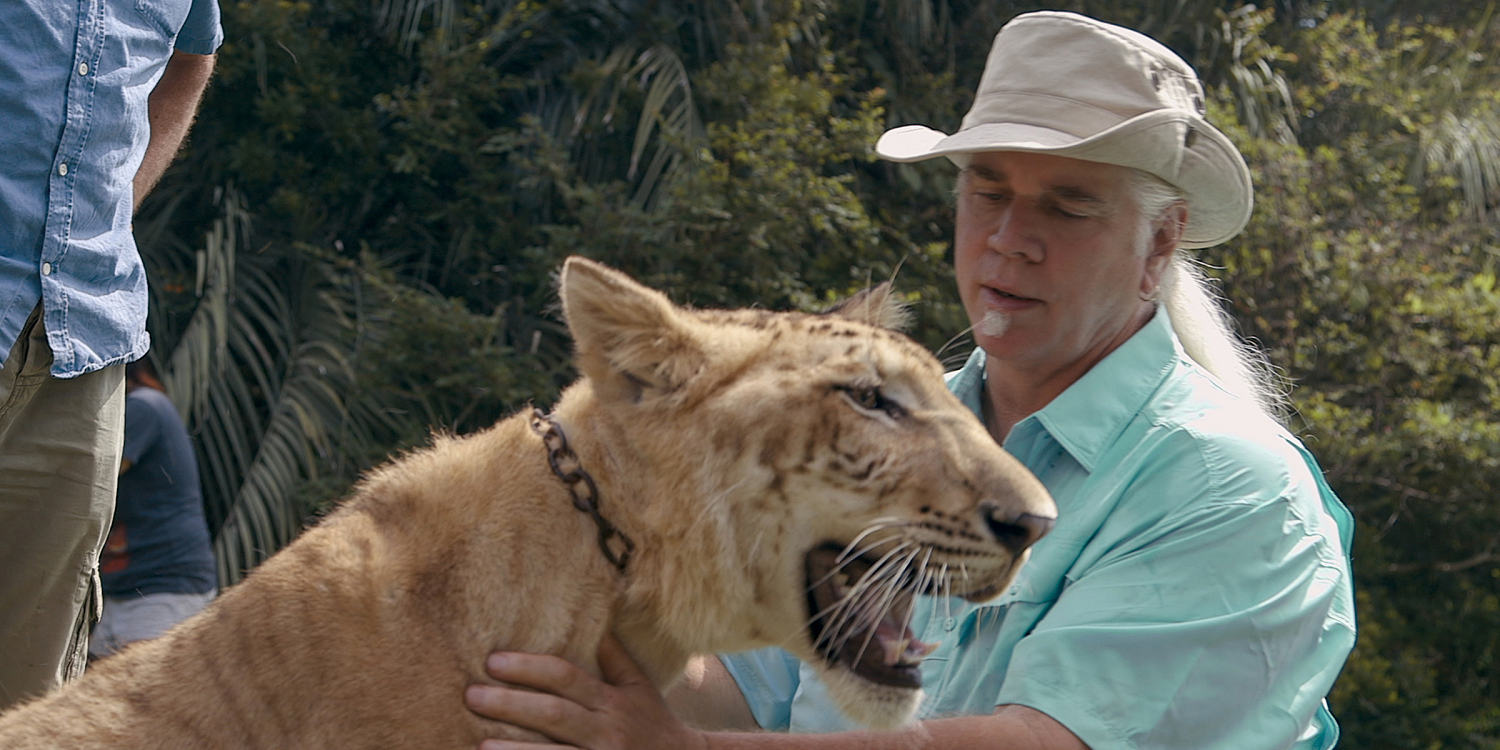Bhagavan “Doc” Antle, a prominent figure from the Netflix documentary “Tiger King,” has been sentenced to one year and one day in prison for violating federal laws regarding animal trafficking. On July 8, 2025, Antle, aged 65, was also ordered to pay a fine of $55,000 after admitting to his role in purchasing endangered animals for his zoo in South Carolina. This sentencing marks a significant chapter in the ongoing legal saga surrounding the controversial wildlife trade highlighted by the popular documentary.
Antle entered a guilty plea in November 2023, admitting to charges of trafficking exotic animals and money laundering. Prosecutor Patrick Duggan outlined how Antle engaged in illegal activities to secure cash quickly for the purchase of various endangered species, including chimpanzees, lions, tigers, and cheetahs. These animals are protected under federal law due to their endangered status, and the illegal trade drives a dangerous black market for poaching. Duggan emphasized the serious implications of Antle’s actions, stating, “He was knowingly and illegally trading them as part of a black market that drives another black market of poaching and smuggling.”
In the courtroom in Charleston, South Carolina, Antle’s defense team argued for leniency, requesting probation or home confinement instead of prison time. They highlighted his commitment to caring for around 150 exotic animals at his Myrtle Beach Safari, which reportedly consumes 1,000 pounds (approximately 454 kilograms) of meat daily. Friends and family members expressed their support, describing Antle as a generous individual who has raised substantial funds to combat poaching and protect wildlife habitats.
Despite the federal guidelines recommending a two-year sentence, Judge Joseph Dawson III considered Antle’s contributions to animal welfare. The judge acknowledged that while Antle had breached federal law, evidence pointed to his care for the animals. At the conclusion of the hearing, Antle expressed remorse for his actions, stating, “I made a mistake, I did stupid things. I hope I’ll be able to pull it back together for everybody.”
Antle’s Myrtle Beach Safari gained notoriety for its pay-to-interact model, where visitors could hold and pet baby animals for prices ranging from $200 for five minutes to $7,000 for a unique overnight experience. The zoo continues to operate by reservation only. Prosecutors revealed that Antle had been involved in illegal sales and purchases of exotic animals for nearly a decade, managing to evade prosecution for years due to his extensive knowledge of federal regulations.
According to court documents, Antle allegedly laundered over $500,000 to facilitate his animal acquisitions. His strategy included accepting what he termed “donations” for animals through his conservation foundation while moving them to his zoo. In recorded phone calls, Antle discussed the high costs of securing animals, revealing the lengths to which he would go to finance his operations.
As part of his plea agreement, Antle will forfeit three chimpanzees he purchased illegally. Two of his associates have faced consequences as well; Meredith Bybee received a year of probation for selling a chimpanzee, while Andrew “Omar” Sawyer, involved in the money laundering scheme, was sentenced to two years of probation. In a related case, Texas zoo owner Jason Clay was sentenced to four months in prison for illegally selling a primate, while charges against Charles Sammut were dropped.
As the legal fallout continues from the “Tiger King” phenomenon, Antle’s sentencing underscores the serious implications of wildlife trafficking and the ongoing conversation about the ethics of exotic animal trade.






















































